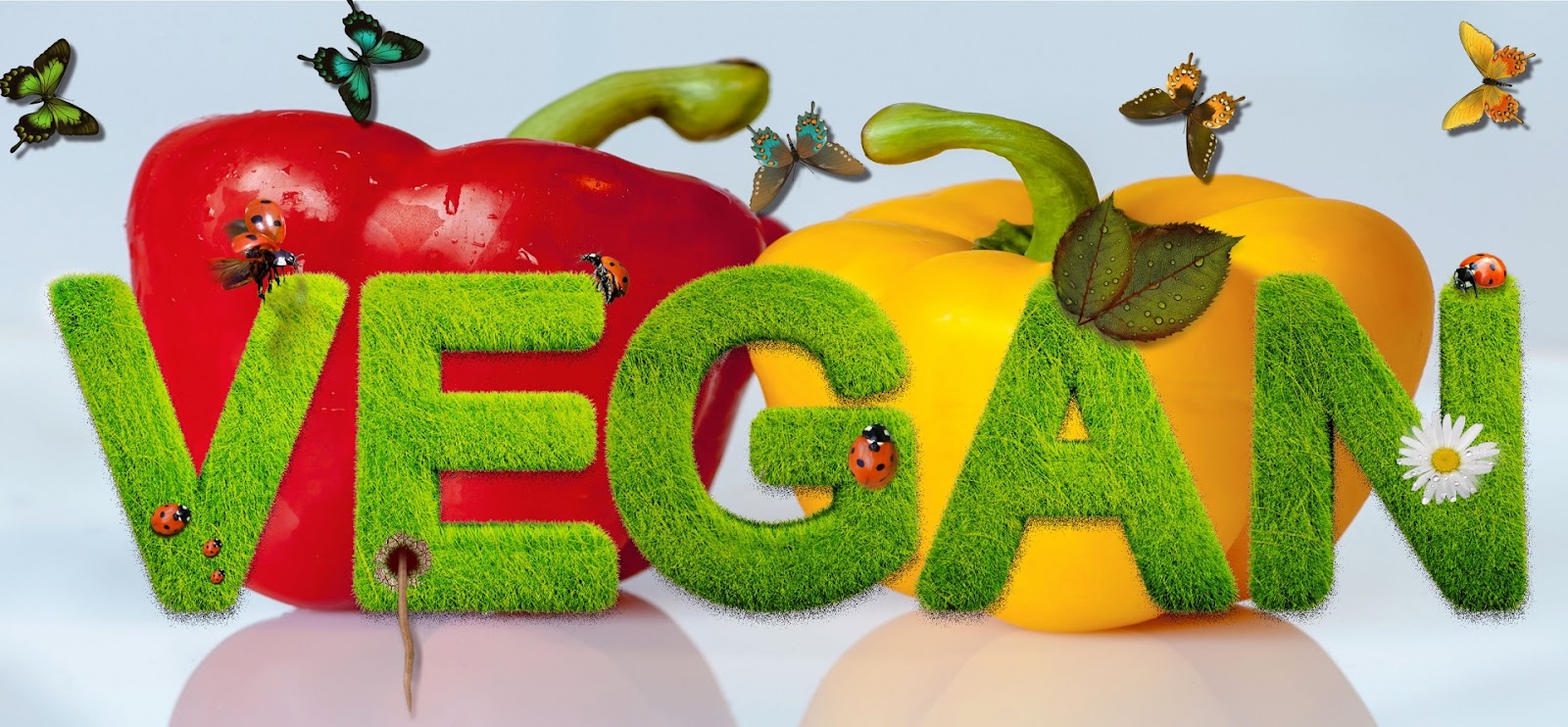In a world increasingly conscious of dietary choices, the terms "vegan" and "vegetarian" often find themselves in the spotlight. Let's embark on a journey to unravel the nuances that differentiate these two plant-based lifestyles.
Introduction
In recent years, the surge in interest surrounding plant-based diets has been nothing short of remarkable. Whether motivated by health, ethics, or environmental concerns, individuals are actively seeking alternatives to conventional diets. At the heart of this movement are two prominent dietary choices – veganism and vegetarianism. Understanding the subtle yet significant differences between these lifestyles is crucial for those contemplating a shift towards plant-based eating.
Defining Veganism and Vegetarianism
At its core, veganism is a lifestyle that excludes all forms of animal exploitation and cruelty, not just in diet but in every aspect of life. This includes abstaining from meat, dairy, eggs, and even products derived from animals, such as honey or gelatin. Vegetarianism, on the other hand, is a diet that excludes meat but often includes other animal-derived products like dairy and eggs.
The Core Differences
The primary distinction lies in the degree of animal product exclusion. While both diets eliminate meat, vegans take it a step further by eschewing all animal by-products. This means no cheese, no eggs, and certainly no leather or silk. Vegetarians, while abstaining from meat, might still indulge in dairy and eggs.
Ethical Considerations
Ethics play a pivotal role in both vegan and vegetarian choices. Vegans are driven by a profound commitment to animal rights, aiming to eliminate any contribution to the exploitation of animals for food, clothing, or entertainment. Vegetarians, while showing concern for animal welfare, may draw the line at excluding certain products, allowing for a more flexible approach to their ethical stance.
Health Perspectives
From a health standpoint, both diets offer notable benefits. A well-balanced vegan or vegetarian diet can contribute to weight management, improved heart health, and a reduced risk of certain diseases. However, it's crucial to note that both lifestyles require careful attention to ensure adequate intake of essential nutrients like protein, iron, and vitamin B12. Supplements or fortified foods may be necessary for both vegans and vegetarians to maintain optimal health.
Environmental Impact
Considering the environmental footprint is another facet that distinguishes these diets. Veganism often takes a stronger stance on sustainability, as the production of plant-based foods typically requires fewer resources than animal agriculture. The carbon footprint of a vegan diet tends to be lower, contributing to reduced environmental impact. While vegetarians also make environmentally conscious choices, the exclusion of certain animal products may result in a slightly higher ecological footprint compared to veganism.
Culinary Diversity
One of the joys of adopting either lifestyle is the exploration of culinary diversity. Vegan and vegetarian cuisines offer a vast array of flavorful and nutritious dishes. Vegans savor meals crafted entirely from plant-based ingredients, exploring the richness of grains, legumes, vegetables, and fruits. Vegetarians, while incorporating dairy and eggs, still revel in a diverse menu that spans continents and culinary traditions.
Common Misconceptions
Amid the growing popularity of plant-based diets, misconceptions abound. Some assume that all plant-based diets are the same, overlooking the nuanced differences between veganism and vegetarianism. Others may believe that these lifestyles lack variety or essential nutrients. In reality, both vegan and vegetarian diets can be vibrant, nourishing, and diverse, with careful planning.
Making Informed Choices
For those contemplating a shift towards plant-based eating, making informed choices is paramount. Transitioning to veganism or vegetarianism should be a thoughtful process that aligns with individual values and health goals. Practical tips, such as gradually incorporating plant-based meals and seeking guidance from nutritionists, can ease the transition and ensure a well-balanced diet.
Conclusion
As we conclude our exploration of the differences between veganism and vegetarianism, it becomes clear that these dietary choices are not just about what we eat but also about the values we uphold. Whether motivated by ethical considerations, health aspirations, or environmental concerns, both vegans and vegetarians contribute to a growing movement towards sustainable and compassionate living. So, whether you opt for the all-encompassing embrace of veganism or the slightly more flexible path of vegetarianism, each choice plays a part in shaping a healthier, more compassionate world.
RELATED FAQs:
1. Are all plant-based diets the same, or are there significant differences between veganism and vegetarianism?
- Answer: While both diets center around plant-based principles, the key difference lies in the extent of animal product exclusion. Vegans avoid all animal-derived products, including dairy and eggs, whereas vegetarians may still incorporate these items into their diet.
- Answer: With proper planning, it is entirely feasible to meet nutritional needs on both vegan and vegetarian diets. However, attention must be given to essential nutrients like protein, iron, and vitamin B12. Supplements or fortified foods may be recommended to ensure a well-rounded and balanced diet.
- Answer: Both lifestyles are driven by ethical considerations related to animal welfare. Vegans aim to eliminate all forms of animal exploitation, extending beyond diet to clothing and other aspects of life. Vegetarians share concerns for animal welfare but may make more flexible choices, allowing for certain animal by-products.
- Answer: Yes, both veganism and vegetarianism contribute to environmental sustainability by reducing the environmental footprint associated with animal agriculture. However, veganism tends to have a slightly lower ecological impact due to the exclusion of additional animal by-products.
- Answer: Transitioning to a plant-based lifestyle requires thoughtful consideration. Gradual changes, incorporating more plant-based meals, seeking guidance from nutritionists, and exploring diverse culinary options can ease the transition and ensure a balanced and enjoyable diet.






